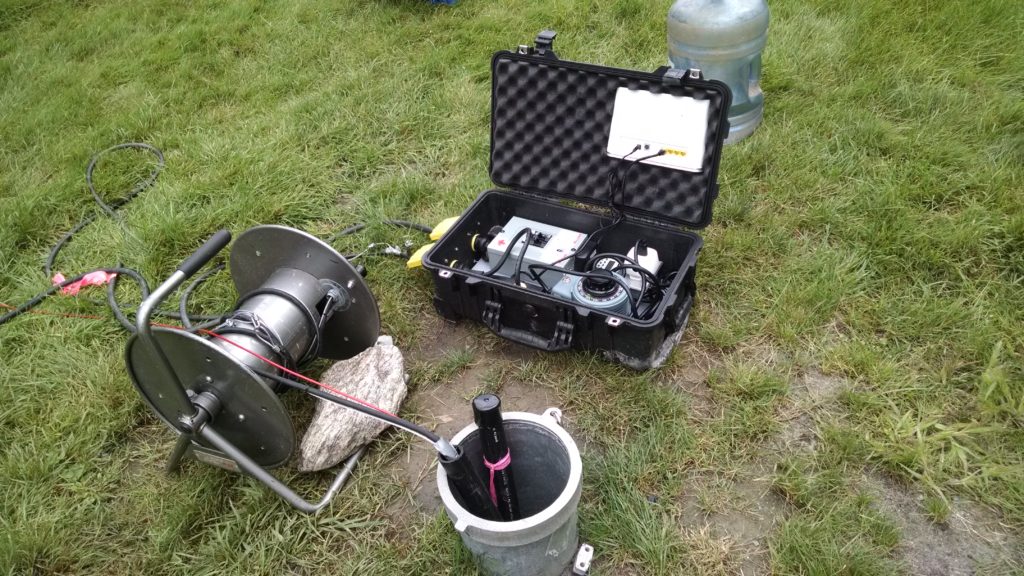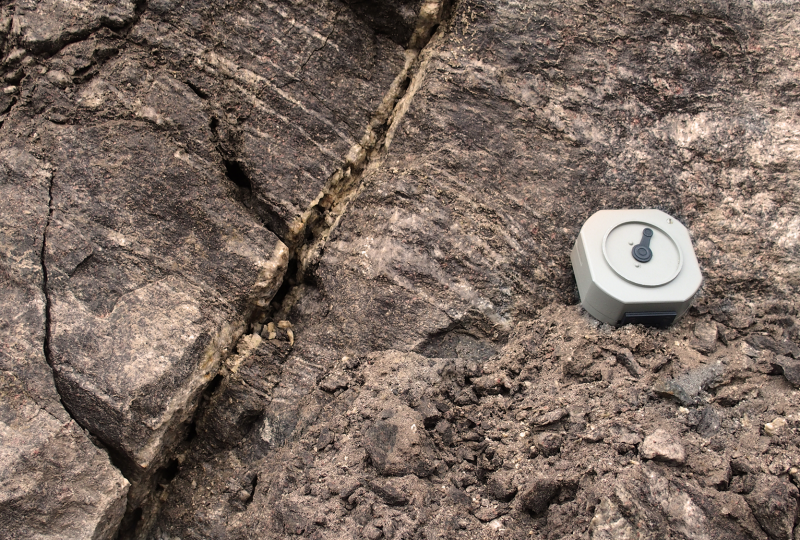
Isotopic geochemistry
We teach the next generation of researchers to develop scientific, social, and technological innovations.
We find solutions through interdisciplinary research and industry or public and community partnerships.
We play an active role in Québec's economic, social, and cultural development.
Environmental geosciences involve understanding the flow of fluids, solutes, and heat in geological environments over several millennia. They also include understanding current geological processes and their influence on the environment and on natural hazards (shoreline erosion, seismicity, volcanism, etc.). This multidisciplinary research theme encompasses various aspects of surficial geological systems: geomorphology, sedimentology, geophysics, geochemistry, and ecology.

Research Objectives
The multidisciplinary work done at INRS applies to water resource management, surficial geothermal systems, contaminated aquifer rehabilitation, agri-environment, and coastal erosion, all of which must consider the effect of climate change on hydrogeosystems. Methods for integrating and processing geoscientific data based on deep learning are also studied, as is the development of multi-isotopic approaches in water geochemistry to identify contaminant sources and to assess environmental impacts.

Research Activities


Isotopic geochemistry

Environmental sedimentology

Applied geophysics

Geoscientific data assimilation


Coastal Processes
Hydrogeological modeling



Coastal and fluvial hydrodynamics

